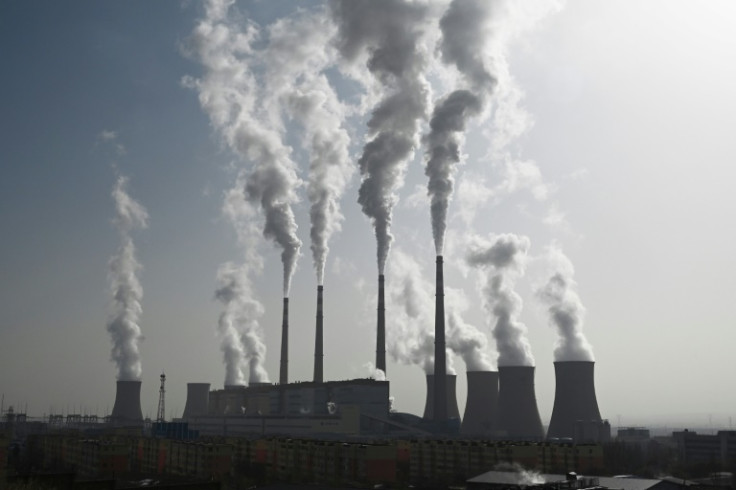
The European Union (EU) has reported a drastic reduction in fossil fuel carbon dioxide (CO2) emissions, reaching a 60-year low.
This achievement signals a major stride towards the EU's ambitious climate goals and underscores the effectiveness of ongoing initiatives to transition towards cleaner, more sustainable energy sources.
In 2023, the European Union emitted eight per cent less carbon dioxide from its fossil fuel consumption compared to 2022.
This reduction in emissions is the most significant annual decline since 2020, when governments implemented measures like closing factories and restricting air travel to combat the spread of COVID-19, according to an analysis conducted by the Centre for Research on Energy and Clean Air (Crea).
Isaac Levi, an analyst at Crea, remarked: "EU CO2 emissions have now returned to levels reminiscent of my parents' generation in the 1960s."
He emphasised that during this period, the economy has tripled, demonstrating that addressing climate change is achievable without sacrificing economic growth.
The decline in CO2 emissions can be attributed to a combination of factors, including increased reliance on renewable energy sources, improved energy efficiency measures, and a shift towards greener technologies.
The EU's commitment to phasing out coal-fired power plants, promoting electric vehicles, and investing in sustainable infrastructure projects has played a pivotal role in this remarkable achievement.
One of the key contributors to the reduction in CO2 emissions is the significant increase in the share of renewable energy in the EU's energy mix.
Wind, solar, and hydropower generation capacity has seen unprecedented growth, accounting for a substantial portion of the overall energy production.
This shift towards renewables has not only lowered carbon emissions but has also diversified the energy landscape, enhancing resilience and sustainability.
Energy efficiency measures across various sectors, including industry, transportation, and residential areas, have also played a crucial role in curbing emissions.
Stricter regulations and incentives for businesses to adopt energy-efficient practices have contributed to a more sustainable and eco-friendly approach to production and consumption.
The report found that lower electricity demand, aided by good weather, contributed to eight per cent of the fall in fossil CO2 emissions.
Cuts in sectors such as industry – where high gas prices have led some firms to become more efficient and others to make fewer goods – and transport made up the remaining 36 per cent.
Government incentives, coupled with advancements in EV technology, have led to a surge in electric vehicle adoption across EU member states.
This transition has not only reduced emissions from the transport sector but has also positioned the EU as a global leader in the electric mobility revolution.
Levi expressed appreciation for the eight per cent reduction in emissions but emphasised the need for further actions to transition the EU away from fossil fuels, diminish dependence on petrostates like Russia, and ensure a more sustainable world for future generations.
Sarah Brown, from the clean energy thinktank Ember also shared: "This substantial fall in emissions, particularly from the power sector, shows that the EU is accelerating its shift away from risky and expensive fossil fuels.
"But with the expected increase in electricity demand due to wider electrification over the coming years, renewables deployment and energy efficiency must keep pace."
The EU, having played a significant role in contributing to global warming and intensifying extreme weather events, has committed to a 55 per cent reduction in greenhouse gas pollution by the end of the decade from 1990 levels, with a subsequent aim of achieving net-zero emissions by 2050 to control rising temperatures.
Recent statements from the EU's climate advisers underscore the urgency, stating that "the pace of reductions needs to increase considerably" for the bloc to meet its 2030 target.
The momentum gained from this achievement reinforces the importance of international collaboration and shared responsibility in addressing the global climate crisis.







